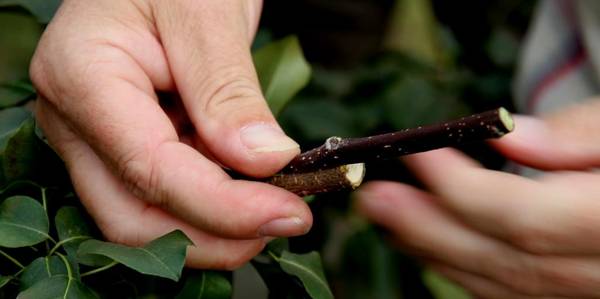
Content of Project
The ESTO Project, supported by the Leonardo da Vinci Lifelong Learning Programme, involves 12 partner organisations and other associated experts in the field of traditional orchard farming and management, and education from six European countries - Austria, Poland, Hungary, Denmark, France and Germany.
Traditional orcharding in Europe has had a varied history over the last few decades. In some regions there are still agricultural models guaranteeing the continuity and development of traditional orchards, but in other regions changes to land use and the widespread loss of professional knowledge about traditional orchards are threatening their survival. The current lack of educational opportunities to gain comprehensive and specialist knowledge about the different aspects of the care and management of traditional orchards is therefore the main motivation for our initiative.
The overall aim of the project is to contribute to keeping traditional orchards as a multifunctional (ecological and economical) sustainable system guaranteeing high biodiversity and maintaining their characteristic landscapes in a 21st century surrounding by developing new and innovative ways of teaching and learning about traditional orchards.
Curriculum for vocational schools and universities
The members of the project consortium will work together from 2012 to 2014 on various project objectives, one of which is the development of a curriculum based on the ECVET criteria (European Credit System for Vocational Education and Training). This will cover the most important aspects of knowledge about traditional orchards (pomology, management and care, processing and marketing) and will be offered to interested adults and students at vocational schools and universities. There is currently no such curriculum available and this should therefore open up valuable opportunities for the future.
The curriculum will be exploited within the EU-wide consortium network and will contribute to increasing awareness and knowledge of traditional orchards. The National Competence Centres established during the project will further facilitate the transfer of knowledge between professionals and the relevant authorities, institutions and organisations engaged in traditional orcharding long after the project itself has finished.







